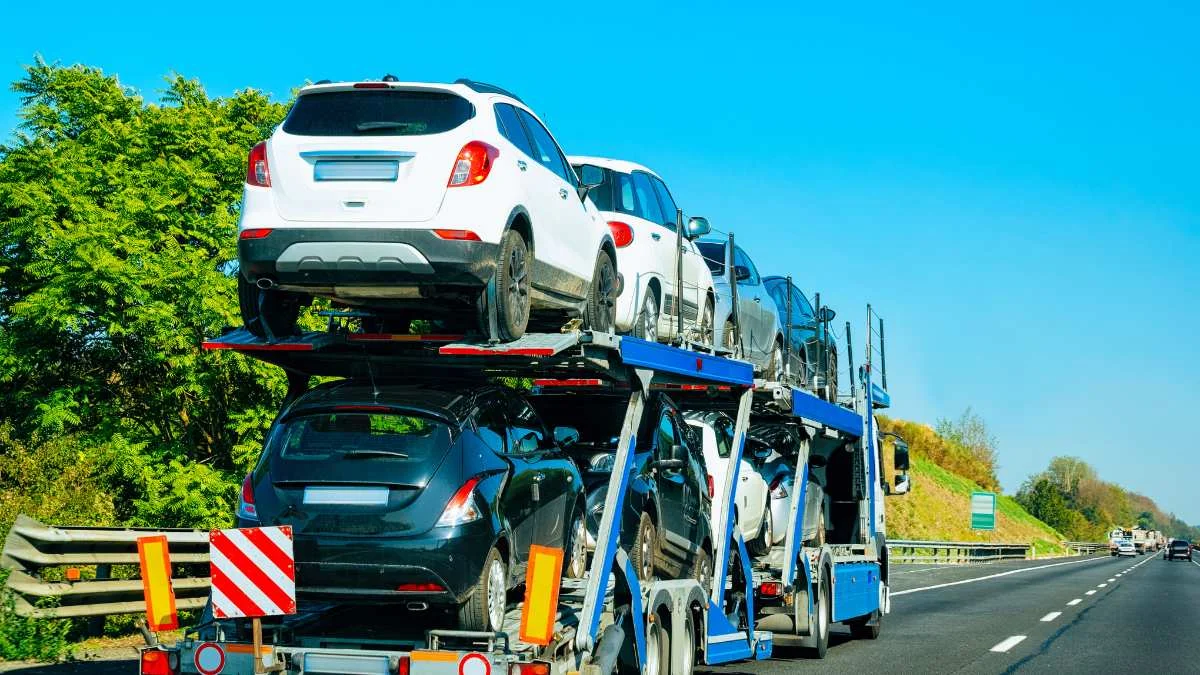Embarking on a road trip is an exciting adventure, offering the freedom to explore new destinations at your own pace. However, transporting your vehicle to the starting point can be a logistical challenge. Shipping your car for a road trip requires careful planning to ensure a smooth and hassle-free journey. While outsourcing this task to professional car shipping services can simplify the process, there are common mistakes that travelers often make. To ensure your road trip gets off to the best start possible, here are five mistakes to avoid when shipping your car.
1. Failing to Research Car Shipping Companies
One of the gravest mistakes you can make when shipping your car is not conducting thorough research on car shipping companies. With numerous companies offering auto transport services, it’s crucial to choose a reputable and reliable provider. For instance, if you’re seeking car shipping services in North Carolina, you should prioritize companies with a proven track record of safety, reliability, and customer satisfaction. Start by reading reviews and testimonials from previous customers to gauge the quality of service offered by each company. Look for companies that are licensed, bonded, and insured, as this ensures they meet industry standards and regulations. Additionally, compare quotes from multiple companies to find the best balance between cost and service quality. Keep in mind that the cheapest option may not always be the most reliable, so prioritize factors such as reputation, experience, and customer service when making your decision. By investing time in researching car shipping companies, you can avoid potential headaches and ensure your vehicle is in safe hands during transit.
2. Neglecting to Prepare Your Vehicle Properly
Preparing your vehicle for shipping is essential to minimize the risk of damage and ensure a smooth transportation process. Many people overlook this step, assuming that the shipping company will take care of everything. However, taking proactive measures can help protect your car and prevent any complications along the way.
Start by thoroughly cleaning your vehicle, both inside and out, to document its current condition and any existing damage. Take photographs from different angles and make note of any dents, scratches, or other imperfections. This will serve as valuable evidence in case of any disputes regarding damage during transit. Next, remove all personal belongings from the car, including any valuables or items of sentimental value. Not only does this reduce the risk of theft, but it also ensures that the vehicle meets weight restrictions imposed by the shipping company. Finally, make sure to disable any alarms or anti-theft devices to prevent them from being triggered during transport.
3. Choosing the Wrong Type of Transport
Selecting the appropriate type of transport for your vehicle is crucial to ensuring its safety and security during transit. Car shipping companies typically offer two main options: open transport and enclosed transport. Open transport involves transporting vehicles on open-air trailers, exposing them to the elements and potential road debris. While this option is generally more affordable, it may not be suitable for high-value or classic cars that require extra protection.
On the other hand, enclosed transport provides a fully enclosed trailer, offering maximum protection from weather conditions, road debris, and other hazards. While it is typically more expensive than open transport, it is worth considering for valuable or delicate vehicles that require added security. Ultimately, the choice between open and enclosed transport depends on your budget, the value of your vehicle, and your risk tolerance.
4. Overlooking Insurance Coverage
Insurance coverage is another crucial aspect to consider when shipping your car for a road trip. While reputable car shipping companies carry insurance to protect vehicles during transit, it’s essential to understand the extent of coverage provided. Most companies offer basic insurance as part of their standard service, but this may not be sufficient to cover the full value of your vehicle in the event of damage or loss. Before shipping your car, review your existing insurance policy to determine whether it provides any coverage during transit. Additionally, consider purchasing supplemental insurance or increasing your coverage limits to ensure adequate protection. While this may incur an additional cost, it provides peace of mind knowing that your vehicle is fully protected against unforeseen circumstances.
5. Not Allowing Sufficient Time for Delivery
Finally, failing to plan and allow sufficient time for delivery is a common mistake that can lead to unnecessary stress and inconvenience. Shipping your car for a road trip requires careful coordination and scheduling to ensure it arrives at the destination on time. Keep in mind that transit times can vary depending on factors such as distance, route, and weather conditions. To avoid last-minute delays, book your car shipment well in advance and communicate your preferred pickup and delivery dates with the shipping company. Be realistic about the estimated transit time and factor in any potential delays that may arise along the way. By allowing ample time for delivery, you can avoid rushing and ensure a smooth start to your road trip adventure.
Conclusion
In conclusion, shipping your car for a road trip requires careful planning and attention to detail to avoid common mistakes. By researching car shipping companies, preparing your vehicle properly, choosing the right type of transport, securing adequate insurance coverage, and allowing sufficient time for delivery, you can ensure a smooth and hassle-free journey. By taking proactive measures, you can set the stage for an unforgettable road trip experience filled with adventure and exploration.









